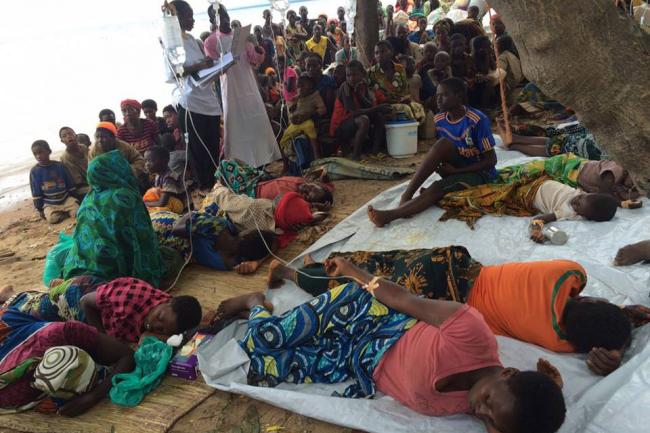22 May 2015, 03:27 pm Print

In a press release issued earlier on Thursday, UNICEF confirmed it had dispatched cholera treatment supplies, as well as water, sanitation, health and nutrition items to stem the spread of cholera among 50,000 Burundian refugees living rough along the shores of Lake Tanganyika.
The influx of Burundian refugees into Tanzania has been steadily increasing since the 13th May declaration of a coup d’état against Burundian President Pierre Nkurunziza.
Burundi’s unrest has forced more than 110,000 people to flee to neighbouring countries and the current cholera outbreak has already claimed 27 lives.
“Children constitute more than half of the population on the move and are particularly vulnerable to cholera,” said UNICEF Regional Director for Eastern & Southern Africa, Leila Gharagozloo-Pakkala.
According to the UN agency, overcrowding and poor sanitation has resulted in a surge of confirmed or suspected cases of cholera and acute watery diarrhoea among the refugees.
UNICEF’s relief supplies include a cholera treatment kit for 100 cases, chlorine, soap, water purification tablets and plastic buckets as well as high-nutrition ready-to-eat food.
Photo: UNICEF Tanzania/Fredy Lyimo
- Global obesity crisis deepens: One in five kids now overweight, study highlights
- Alarming projection: Global breast cancer cases could cross 3.5 million by 2050, shows study
- Exam stress to emotional distress: Study reveals the dark side of academic pressure
- Vegetarian diet linked to lower risk of five major cancers, study finds
- Ukraine’s health system under fire: Attacks spike 20% in 2025, WHO warns





-1763561110.jpg)
